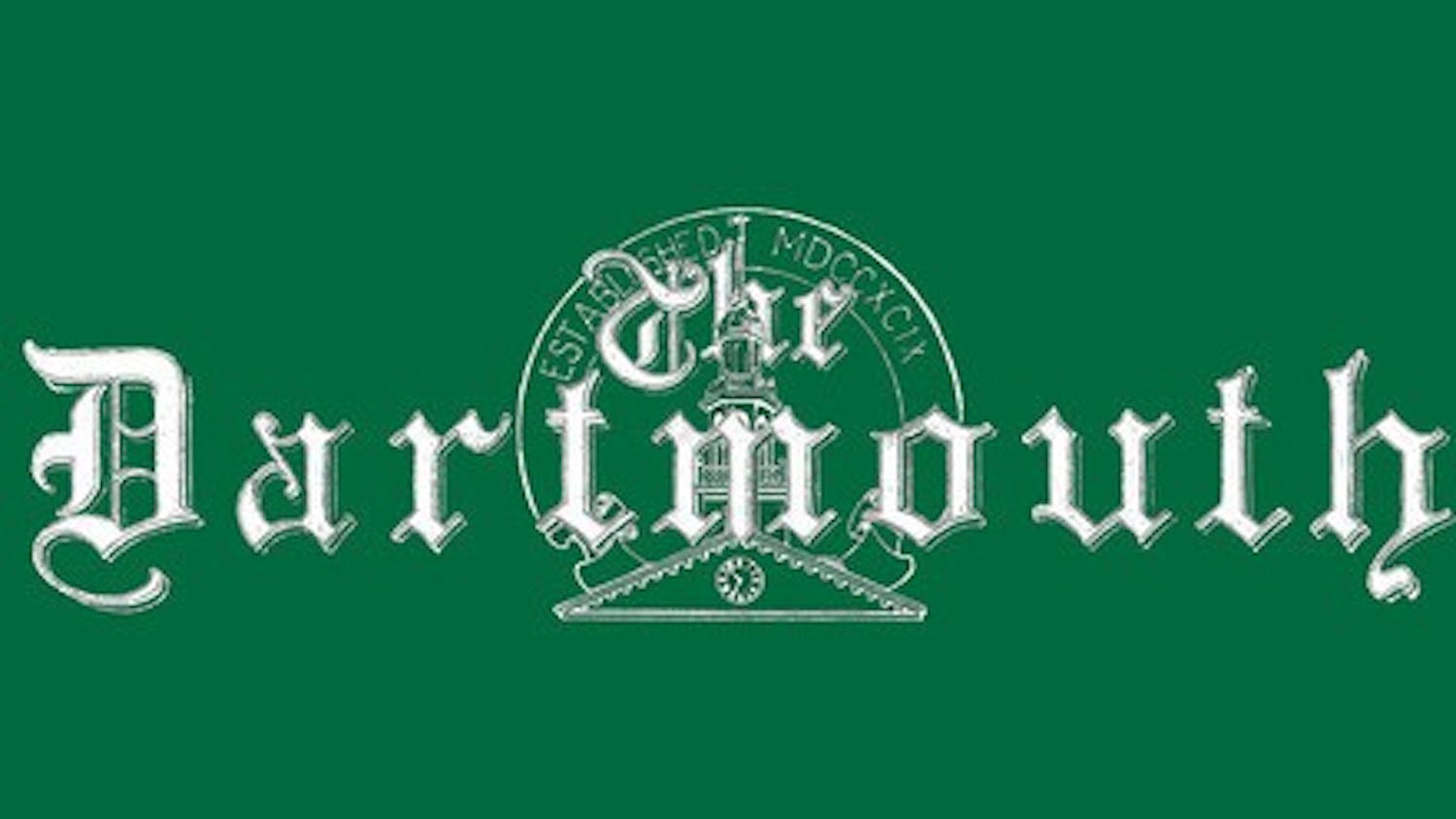Those who knew Audrey Geisel, wife of Theodor Seuss Geisel ’25 and founder of Dr. Seuss Enterprises, remember her as an infectiously warm, “whimsical” presence with a remarkable savvy for business.
“She had an incredible sense of fun and a remarkable optimism,” English professor Donald Pease said. “I felt when I spoke with her as if I was engaging with the head of a parade that began each morning when she awakened and didn’t cease until she went to bed that night. She was literally full of life and full of ideas.”
On Dec. 19, Audrey Geisel passed away at her home in La Jolla, California. She was 97.
A former nurse, Audrey Stone Dimond married Theodor Geisel in 1968. Geisel’s first wife, Helen, died by suicide a year prior following a long struggle with Guillain-Barre syndrome.
According to Pease, Audrey Geisel helped her husband overcome the rut in his career after his first wife’s death.
“It was Audrey who enabled him to recover his relationship with his work that previously had been identified with his relation to Helen by asking him to change the colors with which he created children’s books from primary colors to pastels — lime green, lavender, plum,” Pease said.
He added that Audrey Geisel encouraged her husband to tackle global issues in his work, telling him that he should write “not just for children, but for all of humanity.”
Shortly after, the Geisels went on a trip to Kenya that served as the inspiration for the Dr. Seuss classic “The Lorax,” which addresses themes of environmentalism and industrialism.
Former College president Jim Wright expressed gratitude for Audrey Geisel’s commitment to Dartmouth, which he said endured long past her husband’s death in 1991.
In 2012, Dartmouth honored the Geisels for their decades of support and generosity by changing the name of the College’s medical school to the Audrey and Theodor Geisel School of Medicine.
Wright recalled paying many visits to the Geisels’ home over the past several decades.
“She showed us a closet with all sorts of “Cat in the Hat” hats and other Seussian hats,” Wright said. “She could be almost a Seussian character herself with her wonderful sense of humor and wit. But she was also a very tough administrator of the Seuss legacy.”
In 1993, Audrey Geisel established Dr. Seuss Enterprises with the mission to “protect the integrity of the Dr. Seuss books while expanding beyond books into ancillary areas,” according to the company’s website.
Pease and Wright both remember Audrey Geisel as a staunch defender of her husband’s creations, as well as a key figure in preserving and adapting his works for new generations.
“She was much more than … a grieving widow who maintained his legacy,” Pease said. “She was a muse, a promoter and a very, very savvy entrepreneur who recognized [that Theodor Geisel] needed a foundation … in order for Dr. Seuss to remain the vital inspirational force he continues to be.”
Under Audrey Geisel’s supervision, the Seuss empire grew to encompass several feature-length Hollywood films, such as the 2000 live-action movie “How The Grinch Stole Christmas” and the Broadway musical “Seussical,” whose plot draws from several different Dr. Seuss stories. More recently, she collaborated with Chris Meledandri ’81, president and CEO of Illumination Entertainment, to produce animated features of “Horton Hears a Who!,” “The Lorax” and “The Grinch.”
Dr. Seuss films could not be made without Audrey Geisel’s permission, said Pease.
Pease recalled that in his last encounter with Audrey Geisel about two years ago, she was “still as strong-willed and vital” as when he first met her.
He said he believes Audrey Geisel will be remembered as “a great force of life and even greater creator.”
Wright emphasized the magnitude and long-lasting impact of Audrey Geisel’s work.
“I think her legacy is the protection and enhancement of Dr. Seuss’s own cultural, literary and intellectual legacy,” Wright said. “I think there likely will never be anyone else running that enterprise [who] can be as tough-minded, as pleasant and as deeply emotionally committed to the Seussian legacy as Audrey was.”
Elizabeth Janowski '21 is the news executive editor of the 177th directorate. Hailing from Brookfield, Wisconsin, she is pursuing a double major in history and film and media studies.


